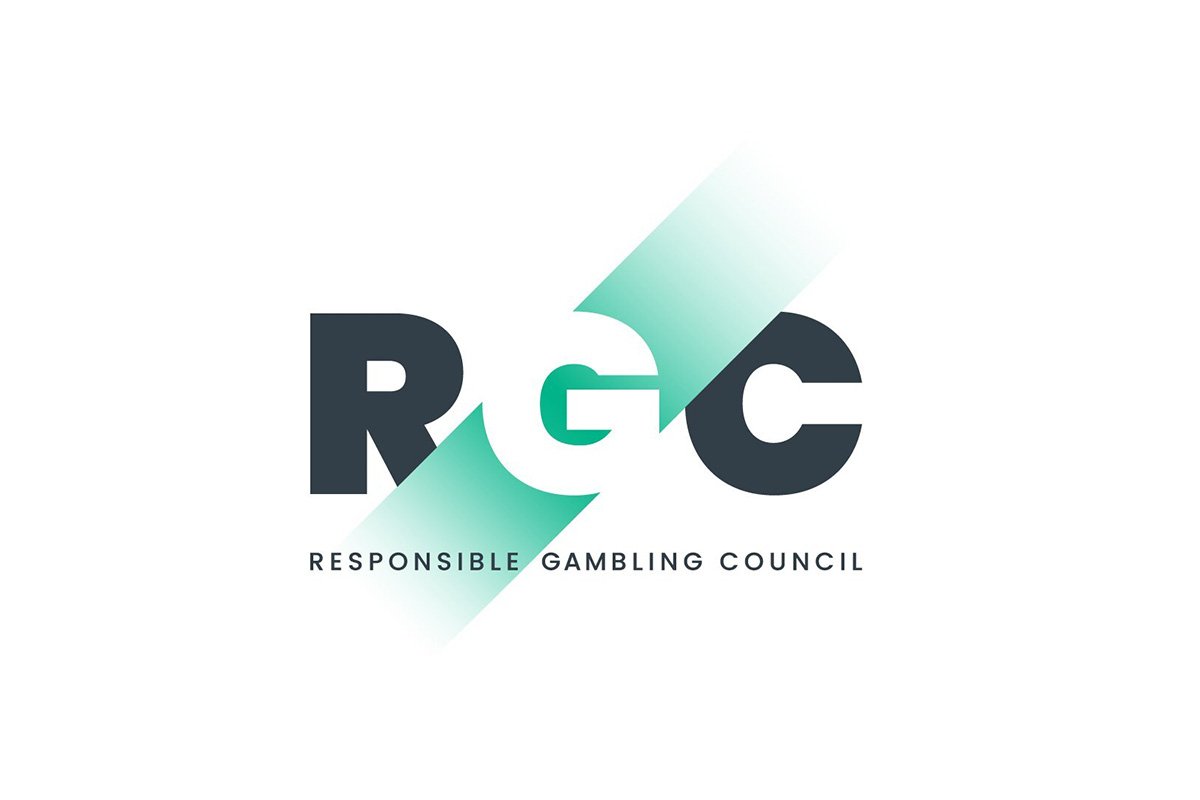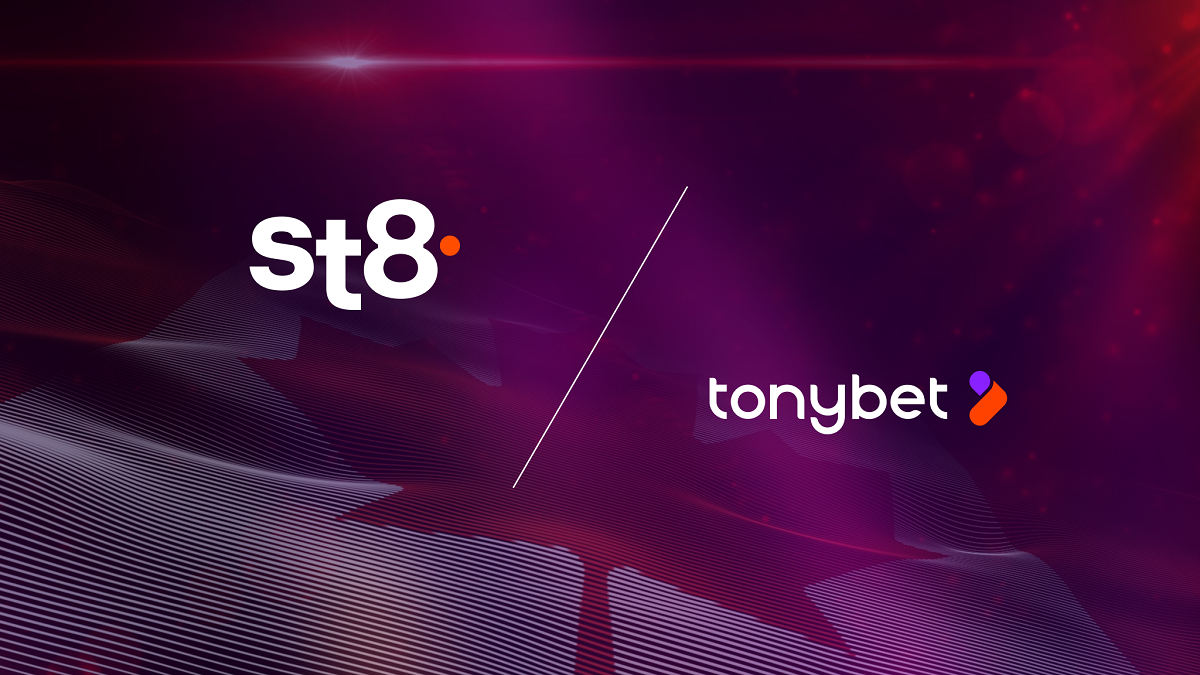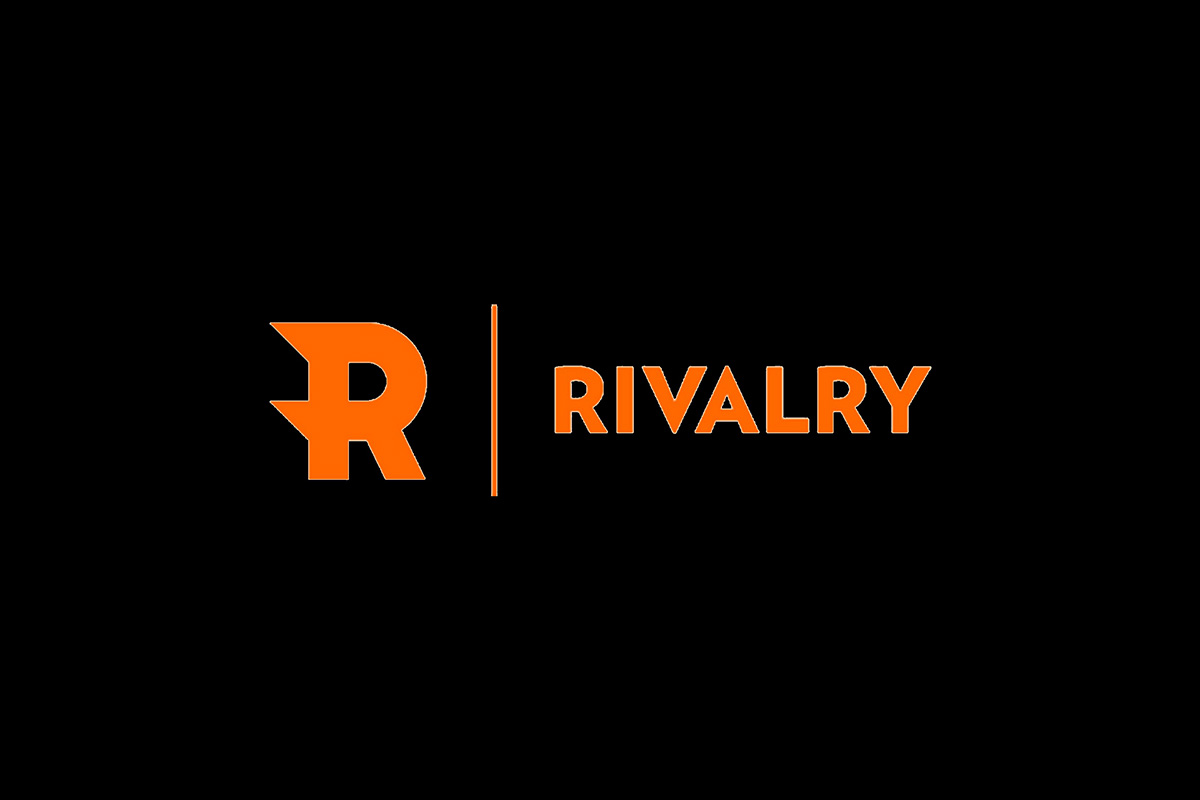Canada
Gold Rush Amusements, Inc. Files Counterclaim Alleging Violation of Illinois’ Anti-Inducement Law

Daniel Fischer, the principal owner of the Dotty’s chain of video gaming cafés in Illinois, who is also involved in bids for new casino licenses in Rockford and Calumet City, paid just $2 million in 2018 to expand his network by purchasing 63 lucrative Stella’s and Shelby’s video gaming establishments, according to a newly disclosed counterclaim filed by Gold Rush Amusements. At the same time, Midwest SRO, LLC, a terminal operator that already serviced Dotty’s establishments, allegedly paid an additional $44.5 million to Stella’s and Shelby’s owners as part of a calculated sham transaction. The filing alleges that Midwest SRO’s payment violated the Illinois Gaming Act because it constituted an improper inducement to replace Gold Rush as the terminal operator in 44 of the Stella’s and Shelby’s locations.
Disclosure statements filed last summer with the Illinois Gaming Board identified Gordon Sondland as holding an interest of five percent or more in Illinois Café and Service Company, LLC (ICSC), Fischer’s company that owns the Dotty’s chain in Illinois. Sondland, an Oregon hotel developer who recently served as President Trump’s Ambassador to the European Union, was a key witness who changed his testimony in the President’s impeachment proceedings.
The newly disclosed court documents resulted from a Cook County judge’s order lifting confidentiality designations that had previously hamstrung Gold Rush Amusements, Inc., and its executive Rick Heidner from knowing and revealing the details of the alleged sham transaction involving ICSC, Midwest SRO, and Laredo Hospitality Ventures, LLC, the parent company of Stella’s and Shelby’s. The ruling allows Gold Rush and Heidner, for the first time, to fully learn and publicly disclose the details of the transaction, including the allegedly improper inducement paid by Midwest SRO, a Gold Rush competitor.
“Gold Rush has compelling evidence that the Transaction was the culmination of a multi-year, concerted effort between and among Midwest SRO, ICSC, and Laredo (and their principals) to replace the Gold Rush Contracts with contracts benefitting Midwest SRO,” Gold Rush alleges in the newly unmasked court document.
Under state law, establishments and terminal operators must equally split 67 percent of a machine’s profits, while the remaining one-third goes to state and local taxes. In fiscal year 2019, Illinois’ 32,000 video gaming terminals yielded nearly $1.6 billion in net revenue.
A nine-page ruling lifting the document’s confidentiality on March 13 by Cook County Circuit Associate Judge Sanjay T. Tailor also favors the public’s right of access to court documents.
“Equity demands that Gold Rush be permitted to publicly make its claims of wrongdoing against the Establishments and Midwest, and their respective principals, just as the Establishments and Midwest have publicly made their claims of wrongdoing against Gold Rush,” Judge Tailor wrote.
The ruling involves Gold Rush’s counterclaims against 44 Stella’s and Shelby’s gaming cafes in which Gold Rush began accumulating agreements to place its video gaming terminals in 2013. Those 44 establishments sued Gold Rush in early 2019 to terminate the contracts. A year later, Gold Rush filed its counterclaims and additional claims against Fischer, the other principals, and the companies that were involved in the November 2018 transaction, which purported to change ownership of all 63 Stella’s and Shelby’s establishments in suburbs surrounding Chicago. Until now, the details of Gold Rush’s allegation that the parties engaged in an improper sham transaction were shielded by a court protective order that allowed the opposing parties to designate key documents relating to the transaction as “attorneys eyes only,” meaning that Gold Rush’s counsel could not even share the documents with their client.
Now fully public, Gold Rush’s counterclaim alleges that Midwest SRO, and its principal, Allyson Estey, paid more than $44.5 million ― or 95.7% of the value of the deal ― to Laredo, the parent company of Stella’s and Shelby’s, and one of its owners, Gary Leff. The filing alleges that Midwest SRO’s payment was part of a conspiracy to oust Gold Rush as the terminal operator and place Midwest SRO’s video gaming terminals in 44 of the establishments.
At the same time, Fischer’s ICSC, which operates Dotty’s in Illinois, paid just $2,000,001 ― or 4.3% of the deal’s overall value ― to purchase Laredo’s actual assets and cafés, which generate substantial revenue from video gaming. Fischer became involved in Dotty’s when he and his former business partner, Marwin Hofer, purchased Dotty’s Oregon establishments from the chain’s founder, Craig Estey, who is Allyson Estey’s father.
Hofer, a South Dakota businessman, was the initial managing member of a South Dakota limited liability company that continues to hold an interest of five percent or more in Fischer’s ICSC, as does a living trust in the name of Hofer’s wife. Hofer was convicted of federal wire fraud in 2017. The offices of Fischer’s ICSC and Allyson Estey’s Midwest SRO are housed in adjacent business suites in suburban Bensenville.
When the designated confidential documents were produced in the litigation last summer, Gold Rush’s attorneys began to unravel the complex sham transaction. The documents revealed that Leff had agreed to be bound by restrictive covenants that did not exist until the day of the transaction, and Midwest SRO purchased those covenants from Laredo for more than $34.6 million. Leff was also allowed to retain unspecified intellectual property valued at $9.85 million. There was no indication of how the restrictive covenants or intellectual property values were calculated. Leff further received a 10 percent interest in Midwest SRO and the right to have his interest redeemed for $9.85 million approximately a year after the transaction. At the same time, Fischer’s ICSC purportedly purchased the Laredo establishments for $1, and paid just $2 million to acquire the outstanding interests in Laredo.
Gold Rush’s complaint names Fischer, Leff, Allyson Estey, and Charity Johns, who was Laredo’s CEO and became CEO of Fischer’s ICSC, as defendants. The counterclaims and complaint allege that those individuals and their companies ― ICSC, Midwest SRO, and Laredo ― conspired for years to evade the legal restrictions separating establishments, on one hand, and terminal operators, on the other hand. After previously failing to accomplish so-called vertical integration, first through legislation and then litigation, Gold Rush’s adversaries allegedly tried a third route ― conspiring in an improper deal in which Midwest SRO paid an improper inducement to be installed as the terminal operator for all of the Laredo establishments, supplanting Gold Rush in the process.
Judge Tailor’s ruling observed that the opposing parties had repeatedly emphasized their disclosure of the transaction details to the Illinois Gaming Board, “as if to suggest they had obtained its blessing.” However, the IGB did not bless or approve the transaction, the judge noted, but rather said only, in an October 2018 letter, that the state’s video gaming act and rules did not allow the IGB to prohibit the transaction.
Gold Rush also claims that its adversaries provided select or mischaracterized information to the IGB to portray Gold Rush as attempting to disrupt the transaction after it was completed, which became the basis of a disciplinary complaint against Gold Rush. At the time, however, Gold Rush’s Heidner did not know the details of the transaction or that Fischer’s ICSC had paid only $2 million for Laredo’s assets and cafés.
Gold Rush’s counterclaims allege breach of contract, tortious interference with contracts and prospective business advantage, and civil conspiracy. Gold Rush seeks unspecified damages for harm to its business and reputation, as well as attorneys’ fees and costs.
SOURCE Gold Rush Amusements, Inc.
Powered by WPeMatico
Alberta iGaming Corporation
Alberta iGaming Corporation Partners with Responsible Gambling Council

The Alberta iGaming Corporation (AiGC) has announced a partnership with the Responsible Gambling Council (RGC) that will make RG Check accreditation a mandatory requirement for all internet gaming (iGaming) sites entering Alberta’s regulated market.
This collaboration demonstrates Alberta’s commitment to player protection by ensuring every regulated operator meets the highest evidence-based standards for responsible gambling.
“Alberta is committed to building a safer, regulated iGaming environment where player protection comes first. By requiring RG Check accreditation, we’re ensuring that every iGaming operator in our market has demonstrated their commitment to player safety through independent verification of their responsible gambling programs,” said Dan Keene, Interim AiGC CEO.
RG Check is a Canadian-made, globally trusted, independent responsible gambling accreditation program. Developed by RGC more than a decade ago, RG Check evaluates sites against rigorous, evidence-based standards, covering governance, player safeguards, staff training, and marketing practices. The accreditation provides clear, measurable accountability and has become the gold standard for responsible gambling across multiple jurisdictions.
“This partnership with AiGC demonstrates the power of regulators and responsible gambling experts working together to protect players from day one. Alberta is building on a strong foundation established in Ontario, where RG Check has proven its value in creating safer gambling environments. This proactive approach ensures that player protection isn’t an afterthought; it’s built into the market from the ground up,” said Sarah McCarthy, CEO of RGC.
Alberta’s requirement will ensure that:
• All iGaming sites must achieve RG Check accreditation
• Operators must maintain their accreditation in good standing while operating in Alberta
• RGC will conduct assessments based on internationally recognized responsible gambling standards
• AiGC will work closely with RGC to ensure ongoing compliance and continuous improvement.
Requiring accreditation in Alberta’s market reflects AiGC’s commitment to promoting responsible gambling, and will create a level playing field where protecting players is a competitive advantage, not just a compliance checkbox.
For operators who currently hold RG Check accreditation in another jurisdiction, the transition to Alberta will be streamlined. While a distinct Alberta accreditation is still required, existing accreditations will be recognized to simplify the process and reduce costs. Operators will benefit from an efficient onboarding process that reduces administrative burden while maintaining the same rigorous standards for player protection.
The post Alberta iGaming Corporation Partners with Responsible Gambling Council appeared first on Americas iGaming & Sports Betting News.
Canada
St8 launches in Ontario through partnership with Tonybet

Casino games aggregator and full-service technology provider, St8 has officially gone live in Ontario’s regulated market through a new partnership with international brand Tonybet.
Through the partnership, Tonybet gains access to St8’s casino games aggregation platform, offering a wide range of premium titles from leading providers through a single API, alongside bonusing and promotional tools, compliance and licensing solutions, advanced reporting and data capabilities.
Built as a single scalable platform, St8’s products are designed to help operators launch and grow across regulated markets with fast, flexible technology solutions while maintaining full compliance.
The agreement marks a further step in St8’s global growth strategy as the company continues to expand its presence across regulated jurisdictions.
Vladimir Negine, CEO at St8, said: “Going live in Ontario is an important milestone for St8 and reflects our continued commitment to growth in regulated markets. Since receiving our Ontario licence, we have focused on building strong local partnerships and delivering a platform that combines scalability, speed and compliance.
“As a respected international brand, Tonybet shares our commitment to building reliable solutions for regulated markets, and we look forward to working closely together as we continue to expand our presence in regulated jurisdictions worldwide.”
Kiryl Liudvikevich, Head of Product at Tonybet, added: “As we expand our presence in Ontario, it is important for us to work with technology partners that support continued growth while meeting the highest regulatory standards.
“St8’s platform gives us the flexibility to integrate a wide range of content and tools through a single connection, helping us scale smoothly while maintaining a strong focus on player experience.”
St8 continues to lead the way as a partner of choice for regulated markets. In addition to its Ontario licence, the company holds licences in key regulated jurisdictions like the United Kingdom, Sweden and Romania, among others.
The post St8 launches in Ontario through partnership with Tonybet appeared first on Americas iGaming & Sports Betting News.
Canada
Rivalry Corp. Announces Significant Reduction in Operations and Evaluation of Strategic Alternatives

Rivalry Corp. announced that its Board of Directors has approved a significant reduction in operating activity as the Company evaluates strategic alternatives in respect of its assets and operations.
The Company is engaged in discussions with third parties regarding potential transactions. However, in light of recent performance volatility, the Board has determined to materially reduce the scale of operations while assessing whether a strategic transaction or other alternative can be advanced.
Effective immediately, the Company is implementing substantial cost reductions, including a significant workforce reduction and reduced operating expenditures. The Company has paused player activity on its platform and is facilitating player withdrawals in the ordinary course.
The Company is assessing a range of potential alternatives, which may include asset-level transactions, corporate transactions, restructuring initiatives or other strategic outcomes.
Given the Company’s reduced operating scale and the ongoing evaluation process, there can be no assurance that any strategic alternative will be completed or that operations will continue in their current form.
The post Rivalry Corp. Announces Significant Reduction in Operations and Evaluation of Strategic Alternatives appeared first on Americas iGaming & Sports Betting News.
-

 Blueprint Gaming5 days ago
Blueprint Gaming5 days agoBlueprint Gaming unleashes Frankenstein’s Fortune blending dynamic modifiers with multi-path bonus offering
-

 Compliance Updates7 days ago
Compliance Updates7 days agoHow to Apply for a Finnish iGaming License: Gaming in Finland Webinar on Application Steps and Technical Standards
-

 Big Daddy Gaming7 days ago
Big Daddy Gaming7 days agoBig Daddy Gaming® Expands European Footprint After MGA Licence Approval
-

 Latest News4 days ago
Latest News4 days agoGGBET UA hosts Media Game – an open FC Dynamo Kyiv training session with journalists from sports publications
-

 Compliance Updates6 days ago
Compliance Updates6 days agoMGA Publishes Results of Thematic Review on Self-exclusion Practices in Online Gaming Sector
-

 Amusnet6 days ago
Amusnet6 days agoAmusnet Unveils Casino Engineering and Technology Milestones Achieved in 2025
-

 Brais Pena Chief Strategy Officer at Easygo7 days ago
Brais Pena Chief Strategy Officer at Easygo7 days agoStake Goes Live in Denmark Following Five-Year Licence Approval
-

 Dan Brown5 days ago
Dan Brown5 days agoGames Global and Foxium return to the Colosseum in Rome Fight for Gold the Tiger’s Rage™



















